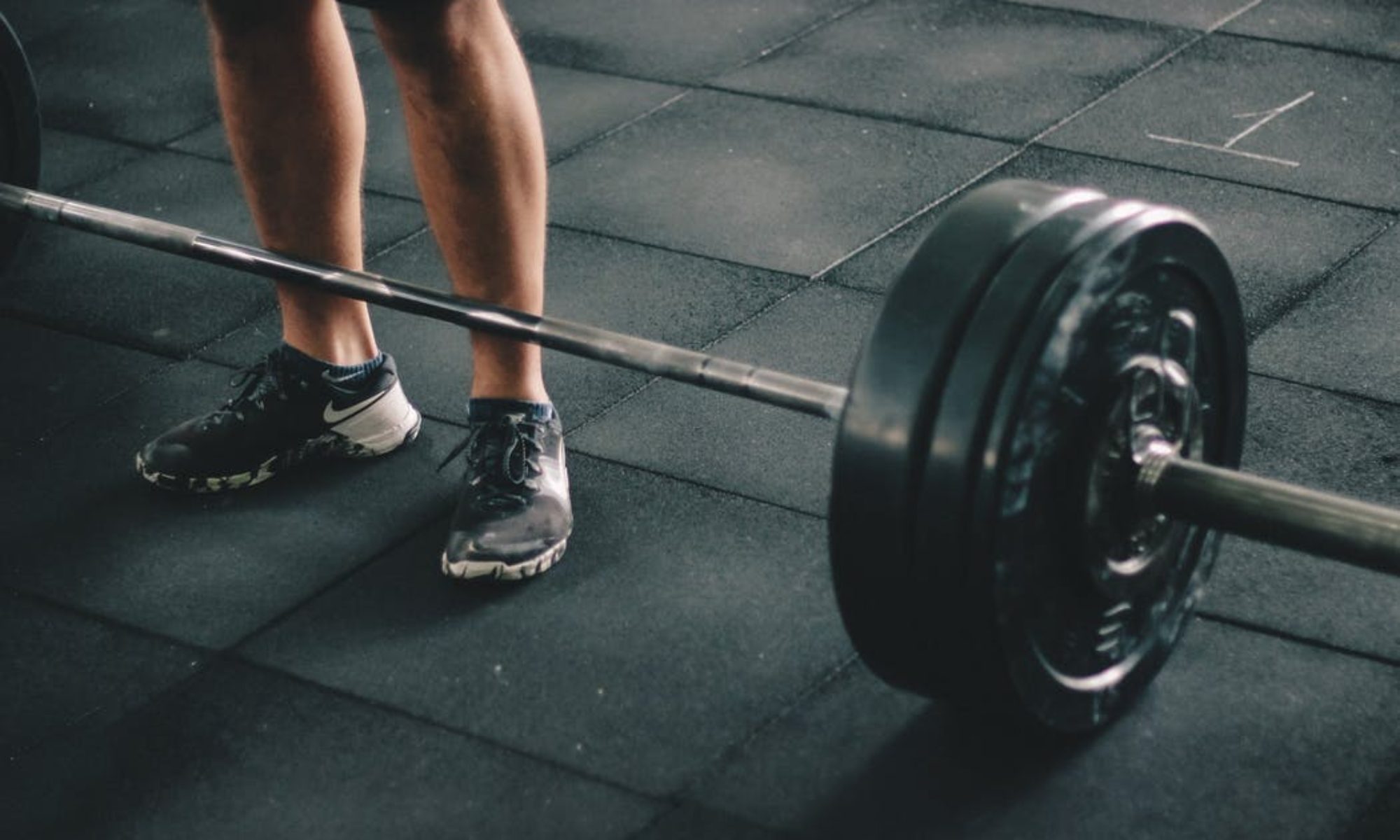I am a true believer in the power of exercise.
No matter who you are or what goals you have, I guarantee you can benefit from moving your body on a regular basis.
One reason why exercise is so powerful is that it is a keystone habit. In his book The Power of Habit, Charles Duhigg defines a keystone habit as a super habit that causes you to adopt additional positive habits.
Think of it as the first domino in a habit chain reaction. During the process of implementing the keystone habit, many people consciously or unconsciously build other helpful habits to support their efforts.
When we start working out, we tend to adopt other healthy behaviors.
We might go to bed earlier so we can perform better in the next day’s training session.
Maybe we start eating more protein so we can see faster progress from our workouts.
Before we know it, we’re looking, feeling, and performing better as a result of all the changes we’ve made to support our new exercise habit.
Working out on a regular basis can be an incredibly powerful catalyst for change in many areas of your life. And let’s be honest – most people feel it’s easier to start exercising than to clean up their nutrition.
For these reasons, I usually encourage people to start their fitness journey with exercise. Move often in ways that feel good and occasionally challenge your body in safe, productive ways.
Exercise is amazing, but it’s not always enough.
Unfortunately, despite its propensity to be a keystone habit, exercise by itself is not enough to get most people all the way to the finish line.
This is especially true if you have a body composition goal like losing weight. If your diet isn’t in line with your body size, goals, and activity levels, you will not see the progress you’re hoping for with exercise alone.
This misalignment is the reason why some people who hit the gym religiously can’t seem to get the scale or their measurements to budge.
In these cases, diet becomes more important than exercise.
Why is this the case?
Fat loss occurs when we consume fewer calories than our bodies use over a prolonged period of time.
Read more: The only three things you need to lose fat
Although our energy balance mechanisms are actually a lot more complicated, it’s helpful to think of this in terms of exercise (calories out) and diet (calories in).
There is only so much exercise you can do before you run out of time, burn out, or hurt yourself. We also tend to burn a lot fewer calories working out than we think (the number your wearable tells you is likely inaccurate).
Eating, on the other hand, happens multiple times every day. Most of us are bad at estimating how many calories we consume, and the world around us is filled with tempting, tasting, high calorie foods.
It’s criminally easy to wipe out any calorie burn from exercise with a big meal, a few drinks, or a post-workout treat.
Even “healthy” foods can contribute to this problem. If you burn 200 calories during a hard workout and then drink a 400 calorie smoothie on the way out of the gym, you’ve wiped out all your efforts and then some.
This is why paying attention to portion sizes through calorie counting or some other method is an essential element of successful fat loss.
Read more: All about food logging
Ultimately, you have a lot more chances to control the calories going in to your body than you do over the calories coming out.
So what’s more important, diet or exercise?
Both diet and exercise are essential elements of building a fit body and living a healthy life.
However, if you’re trying to lose weight, diet is ultimately more important than exercise.
If your weight isn’t moving in the direction you’d like despite regular exercise, perhaps it’s time to take a closer look at your diet and nutrition.
Do you want to ditch the overly restrictive fad diets and lose weight in a sane and sustainable way? Join the waitlist for the next round of my Sane and Simple Fat Loss group coaching program.
In this signature six week program, I teach clients the basic principles they need to follow to lose weight without losing their minds.

